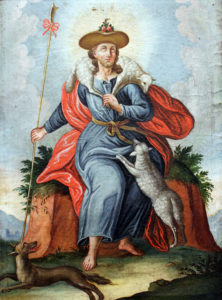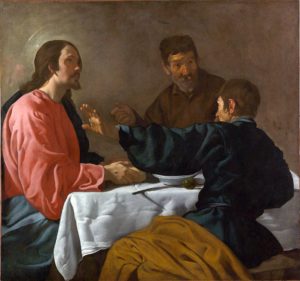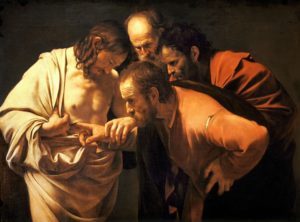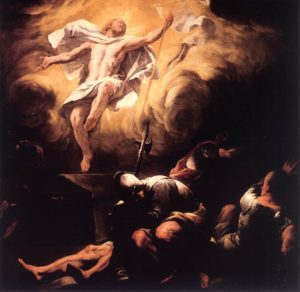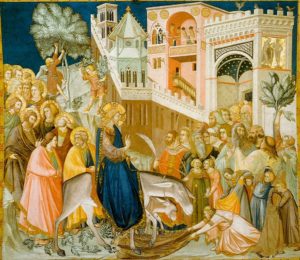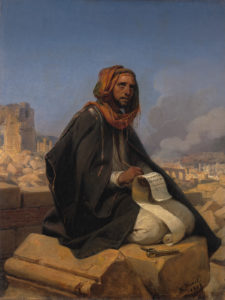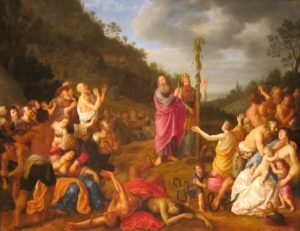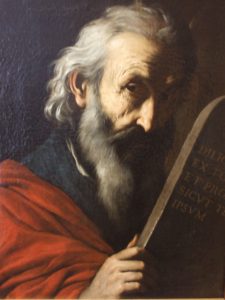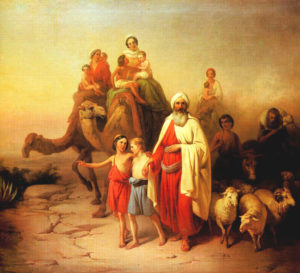Thoughts on Sunday’s Lessons for April 29, 2018
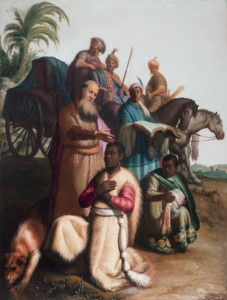
The Baptism of the Eunuch (1626). Oil painting on oak panel by Rembrandt van Rijn (1606-1669). Museum Catharijneconvent, Utrecht, Netherlands. (Click image to enlarge.)
Hear this assuring message through Sunday’s readings: God’s abiding love is open to all humankind. It showers on us as a free gift. The Acts reading offers a sweet, funny story of the young church: All are welcome, no matter who they are. To join the young Christian community through baptism, all you had to do was ask. Even an Ethiopian eunuch – a foreigner from a strange land, barred from Judaism because his physical condition made him biblically unclean – was eagerly welcomed as an equal. With mutual joy, right there on the spot, Philip baptized him as one of us.
Psalm: Psalm 22:24-30
This relatively short passage comes from a longer Psalm that begins with the memorable words that Jesus uttered from the cross: “My God, my God, why have you forsaken me?” The despair of the opening two verses quickly turns, though, to the message we hear in this reading, a statement that resonates with Philip’s warm welcome to the Ethiopian eunuch: God is the ruler of all the world’s nations: those already born and all those yet to come. We live for God, we serve God, we praise God, and we fulfill our vow to God by caring for the poor and feeding the hungry.
Second Reading: 1 John 4:7-21
Sunday’s verses from the first letter of John both reflect and add to Jesus’ unforgettable promise as told by John the Evangelist: “As the Father has loved me, so I have loved you … love one another as I have loved you.” (We will hear that passage, by the way, in next week’s Gospel.) This reading, like last week’s, assures us of God’s love, and in doing so it calls us to action. “Love one another” is not just a suggestion: It incorporates a covenant promise. If we can’t love our brothers and sisters, how can we make room in our hearts for God?
Gospel: John 15:1-8
For the remaining Sundays of Eastertide, our Gospel readings will draw from John’s account of Jesus’ long farewell to his disciples at the Last Supper. Here, Jesus uses the vineyard as an extended metaphor for our relationship with God through Christ. Clearly describing vineyard practices that continue with little change to this day, Jesus shows us how God cuts out weaker branches in order to make the vines strong and productive. We must abide in God as God abides in us; otherwise we risk being pruned and discarded as the weak vines are. But when we abide in God through Jesus, living in God like a sturdy branch on a nurturing vine, we will be strong and fruitful.

